Ai Weiwei (Beijing, 1957), celebrated Chinese artist known for his commitment to human rights advocacy, debuts in Bologna with his solo exhibition Ai Weiwei. Who am I?. The exhibition, on view at Palazzo Fava from Sept. 21, 2024 to May 4, 2025 and curated by Arturo Galansino, is promoted by the Fondazione Carisbo as part of the Genus Bononiae cultural project and realized with the support of Opera Laboratori and Galleria Continua. The title of the exhibition, inspired by a conversation the artist had with an artificial intelligence, reflects the continuous tension between tradition and experimentation that characterizes Ai Weiwei’s work. With more than fifty works on display, including installations, sculptures, videos and photographs, the artist invites visitors to explore universal themes such as freedom of expression, human rights, migration and geopolitical crises.
Ai Weiwei’s works dialogue with the rich artistic heritage of Palazzo Fava, juxtaposing Greek and Roman myths, recounted by Annibale Carracci in the decorations of the rooms, with Chinese mythological animals, such as the sculpture-quilts of the Classic of Mountains and Seas, taken from the oldest Chinese bestiary, dating back to the third century B.C.: these are sculptures made of bamboo, paper and silk. The theme of the erasure of historical memory is central in iconic works such as Dropping a Han Dynasty Urn and Han Dynasty Urn with Coca Cola, which reflect on the destruction of Chinese culture during the Cultural Revolution.
The installation White Stones Axes, composed of hundreds of Neolithic axes, invites the audience to reflect on the evolution of civilization, bringing attention back to human origins and technological progress. This work by Ai Weiwei represents a deep connection to the past, stimulating reflection on what “progress” really represents in human history. Left Right Studio Material, on the other hand, is a work that denounces the repression suffered by the artist in his home country of China. The blue carpet, made up of porcelain fragments from the destruction of Ai Weiwei’s Left/Right studio in Beijing in 2018, is a silent cry against the censorship and violence of the Chinese regime, leading the audience to reflect on the issue of artistic freedom and expression. The exhibition also features works celebrating China’s industrialization and progress, such as the Forever Bicycles series. These installations, composed of bicycles assembled into complex structures, symbolically represent the country’s rapid social and urban change, recalling bicycles as an icon of mobility and progress in Chinese society.
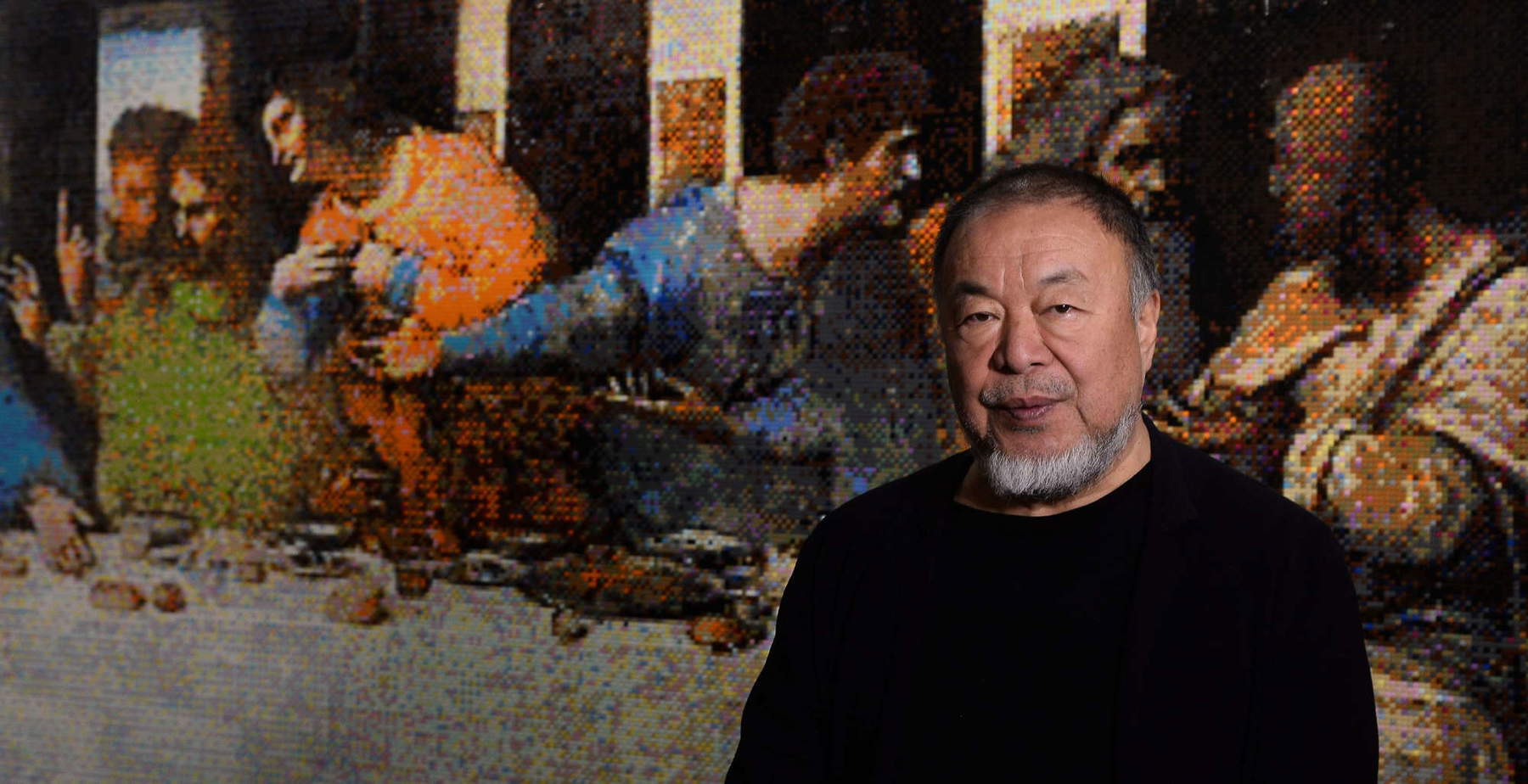
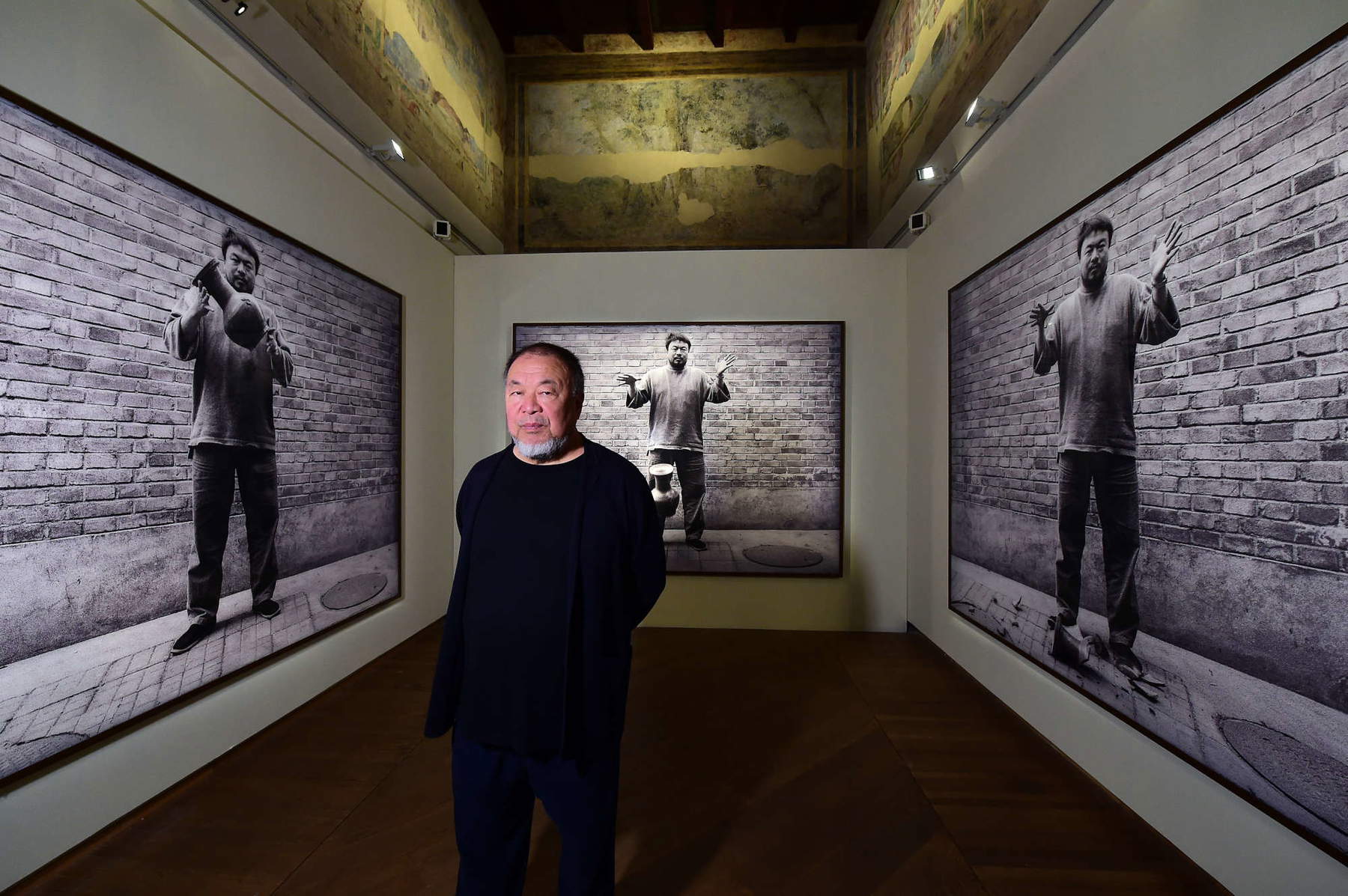
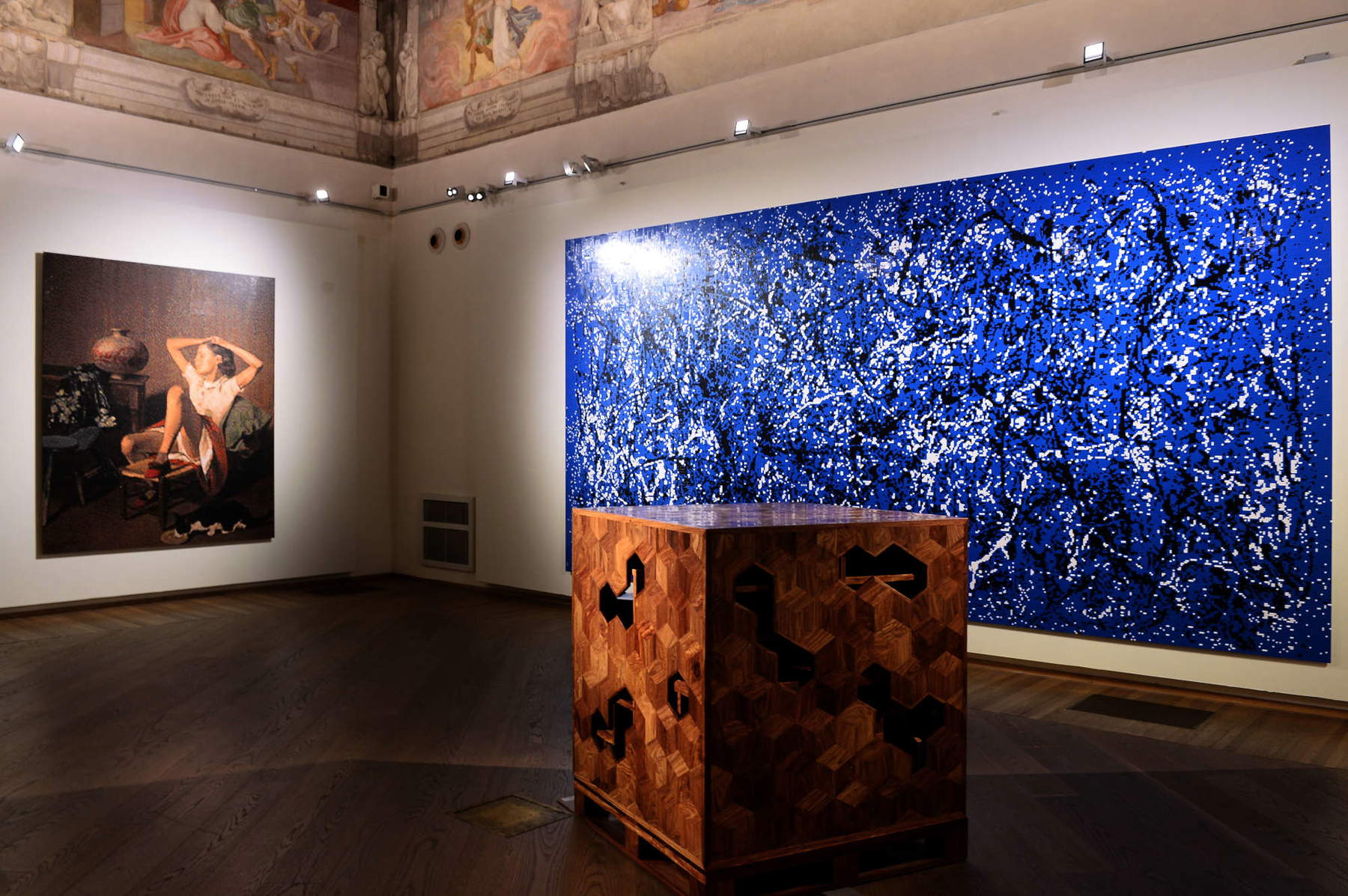
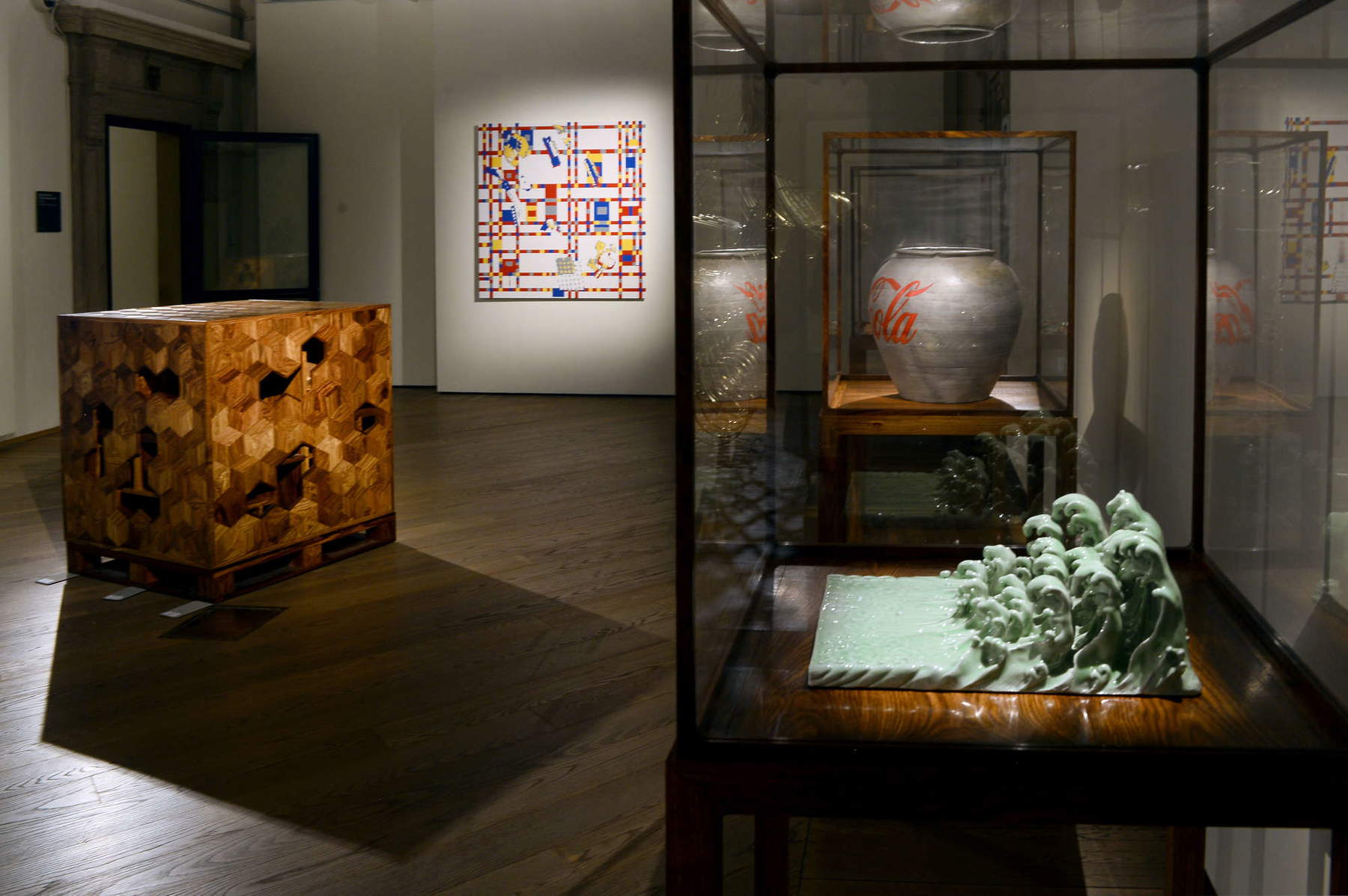
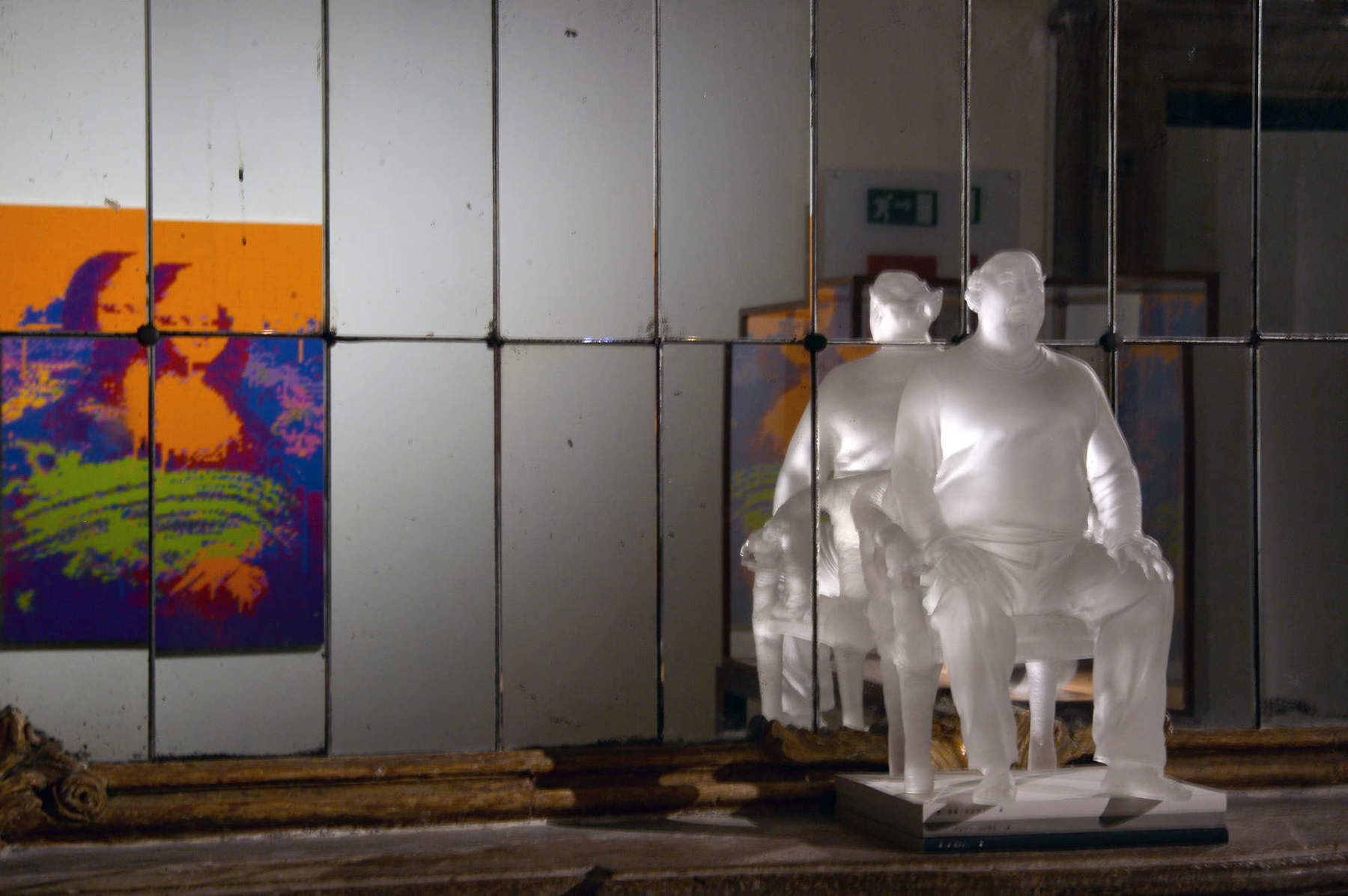
A significant group of works is dedicated to the theme of migration in the Mediterranean. The Odyssey wallpaper, inspired by ancient Greek friezes, depicts the difficult experiences of contemporary migrants, establishing a visual dialogue with the fresco cycles in Palazzo Fava. The parallelism between the stories told in theAeneid and current migration crises underscores the universality and repetition of the themes of forced exodus and the search for a new homeland across the centuries. The LEGO works, symbolic of cultural fragmentation, mock great masterpieces of the Western tradition, such as Giorgione’s Sleeping Venus and Leonardo’s Last Supper, where the artist takes on the guise of Judas. Hours: Tuesday-Sunday 10 a.m.-7 p.m. (last admission 6 p.m.). Special openings on Oct. 4 (San Petronio), Nov. 1, 8, 24, 25, 26 and 31 December, Jan. 1 and 6, April 25, May 1, always 10am-7pm. Tickets: full 14 euros, reduced 10 euros, special reduced 7 euros.
“We are grateful to Master Ai Wewei whose first solo exhibition in Bologna manifests the renewed impetus that Fondazione Carisbo wanted to give to the Genus Bononiae project,” comments Patrizia Pasini, President of Fondazione Carisbo. “The multi-year duration of the agreement with Opera Laboratori testifies to the desire to build a partnership that goes beyond the classic patron/manager scheme, promoting a new vision of the museum as an authentic center of production and no longer merely understood as a place to visit. The first outcome has been the production of this major international exhibition that represents, moreover, a disruptive opportunity to combine the historical and cultural value of our territory with the courageous and tense commitment to the defense of fundamentals as collective values.”
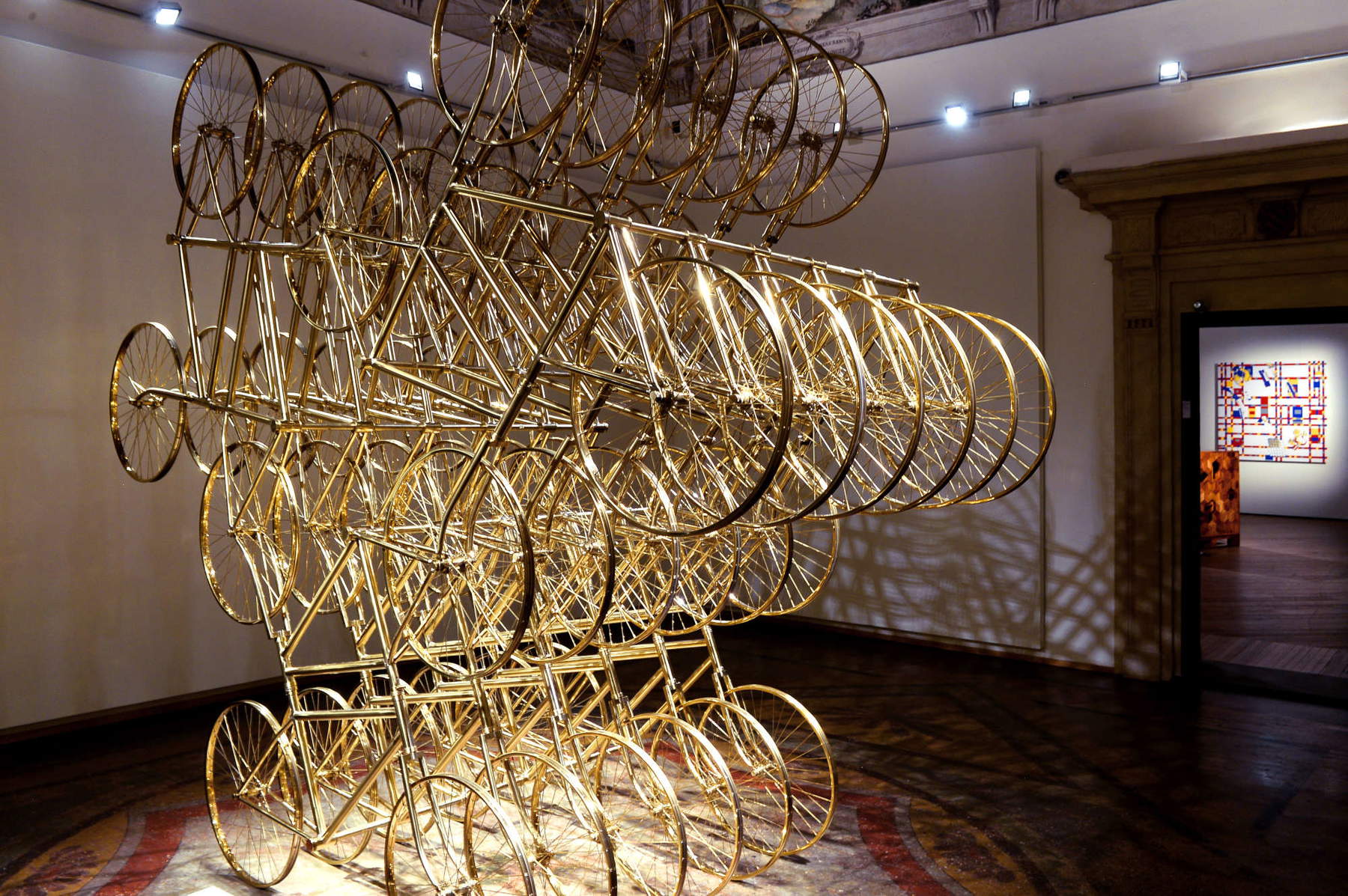
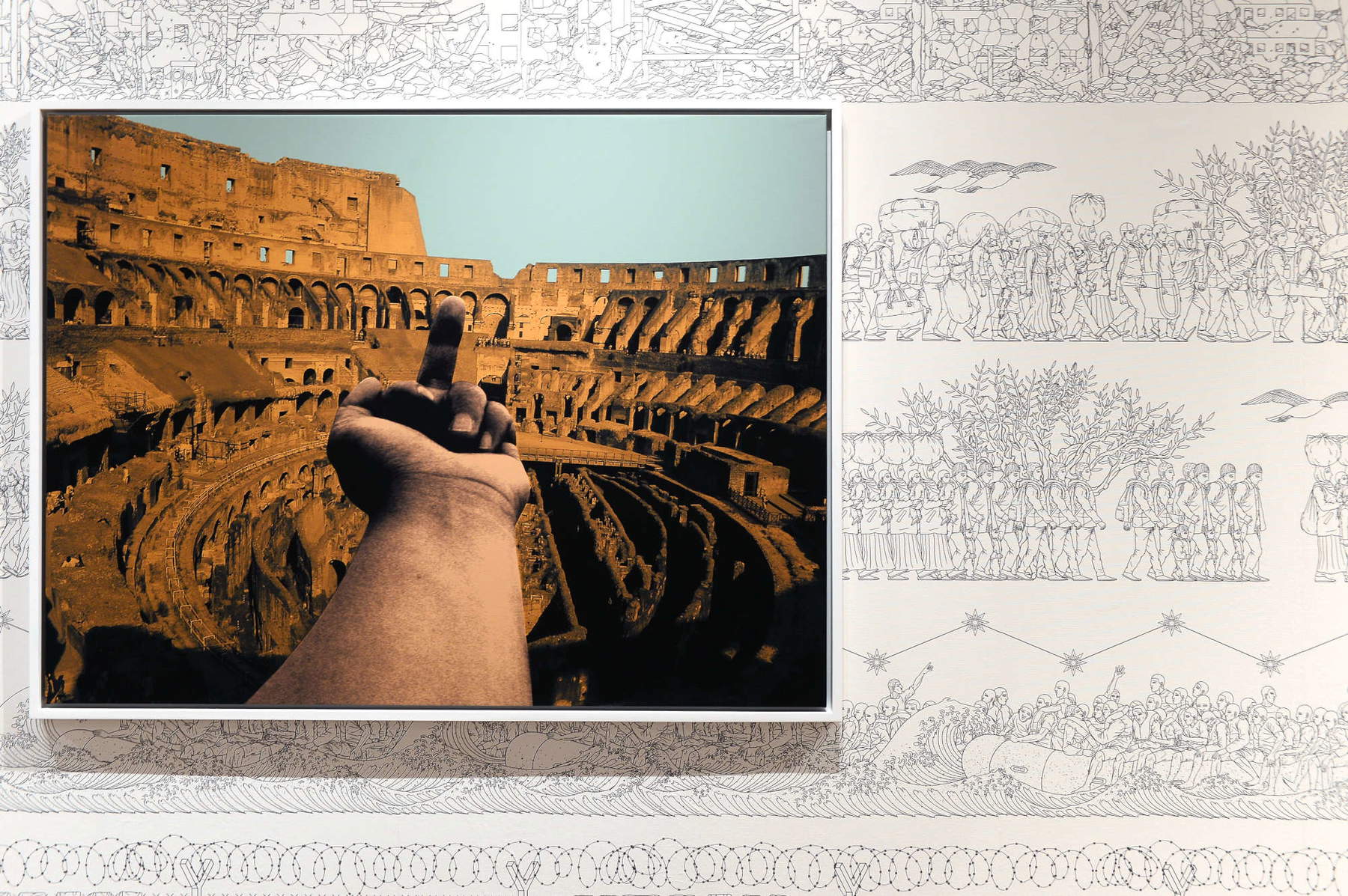
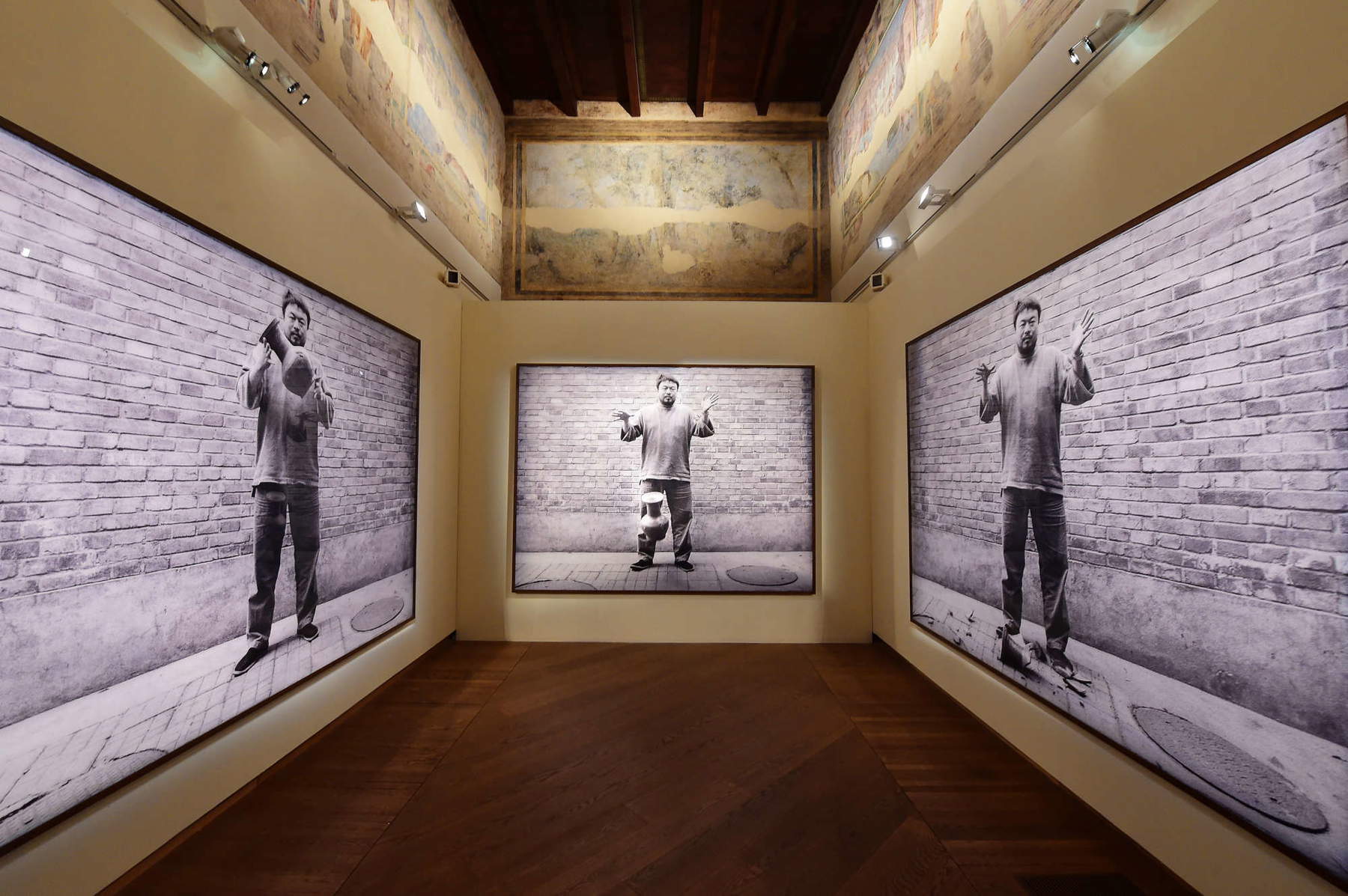
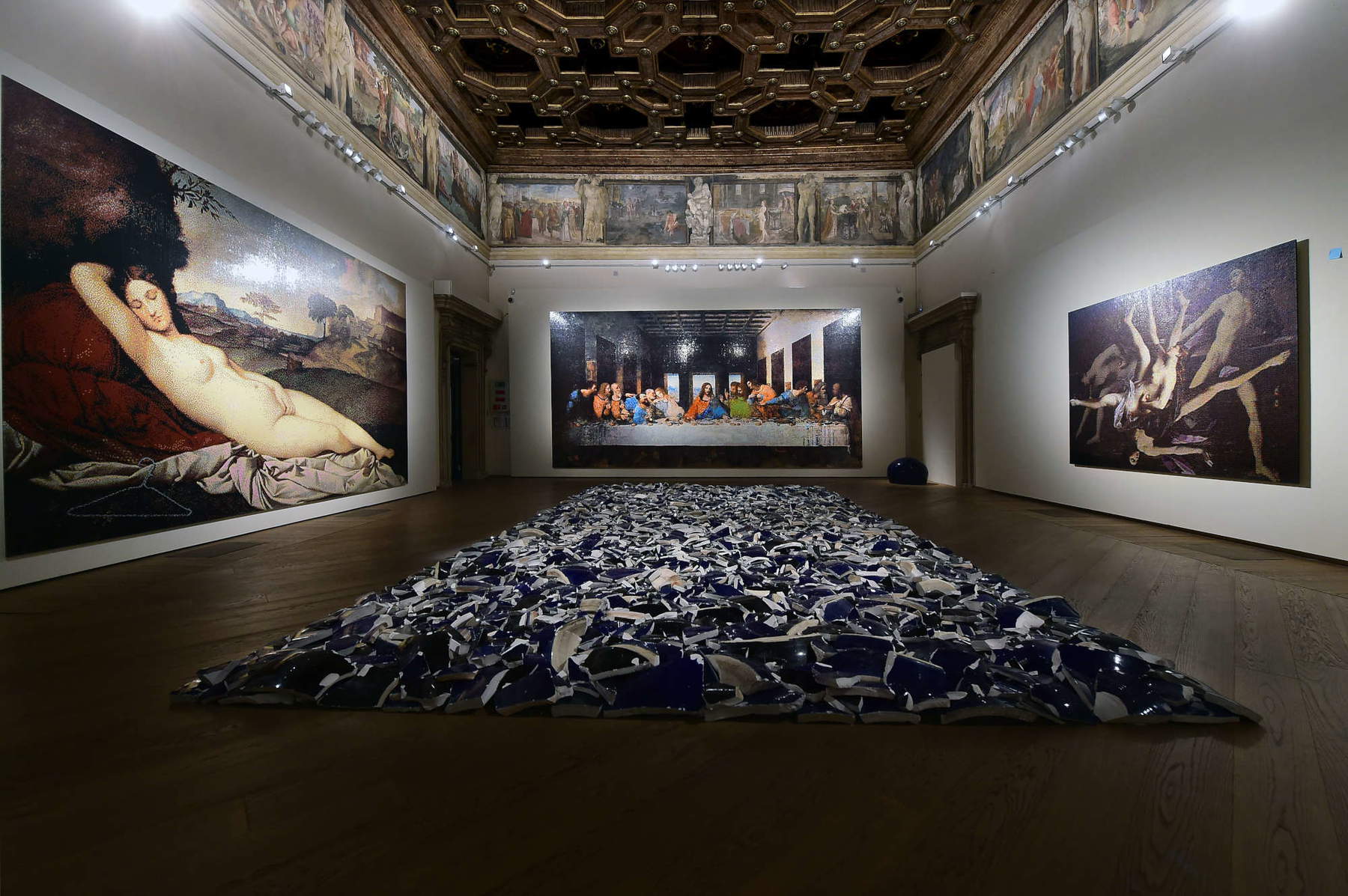
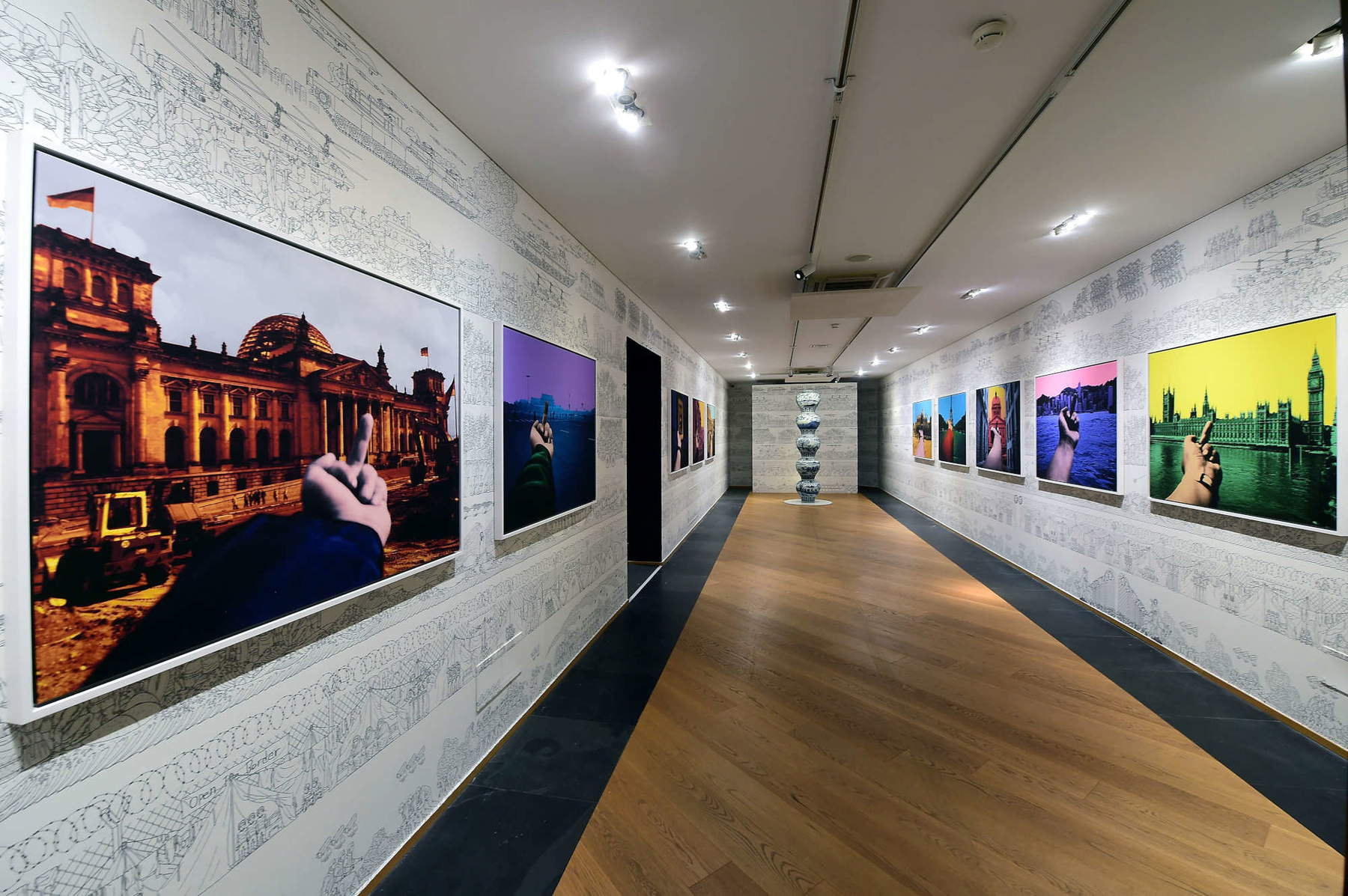
“Twenty years after the birth of the project,” adds the sole director of Genus Bononiae, Renzo Servadei, “the selection of a specialized partner such as Opera Laboratori will allow an integrated and synergic management of the palaces, realizing an organizational direction able to assess theimpact of the initiatives promoted in the various plexuses and pursue the social, economic and environmental sustainability of the entire museum itinerary, in constant dialogue with the rich cultural offerings already present in the area.”
“Opera Laboratori,” explains President and CEO Giuseppe Costa, "has always oriented its mission toward the desire to Work Artfully for Art, with the aim of caring for guests and promoting Italy’s cultural, spiritual, territorial and museum heritage. Our essence drives us to make the most of the experiences in the territories in which we operate, knowing and respecting what we are privileged to cherish. With these ideals and principles, Fondazione Carisbo and Opera Laboratori have signed a four-year partnership to collaborate in the field of art and culture, with the aim of managing and enhancing four venues of the Genus Bononiae museum itinerary, including the historic Palazzo Fava. It is a great honor for me to inaugurate this major cultural project in the City of Bologna with the exhibition of Chinese activist and artist Ai Weiwei."
“Most of my activities,” Ai Weiwei himself explains, “are about updating or redefining objects. I had this vase for a while and admired its shape, but I didn’t know what to do with it. It looked so bare, so empty, and I wanted to make it more current: for me, the Coca-Cola logo is a clear announcement of ownership and cultural or political identity, but it is also a clear symbol of non-thinking. It is therefore ignorance, but it is also redefinition.”
“Through his art,” concludes curator Arturo Galansino, “Ai Weiwei encourages us to look at the world keeping our eyes open and not to passively accept the reality we live, transforming the artistic experience into a powerful tool for change and awareness. His commitment and constant search for truth, which led him to be a political activist and persecutor and to speak to a much wider audience than the narrow contemporary art world, combined with his wide expressive range put at the service of bold and provocative ideas, make Ai Weiwei one of the most influential artists of our time. At such a difficult time in history, his work and message continue to challenge and inspire audiences, reaffirming the importance of creativity and critical thinking.”
 |
| Ai Weiwei in Bologna: "Who am I?" explores human rights, culture and memory |
Warning: the translation into English of the original Italian article was created using automatic tools. We undertake to review all articles, but we do not guarantee the total absence of inaccuracies in the translation due to the program. You can find the original by clicking on the ITA button. If you find any mistake,please contact us.